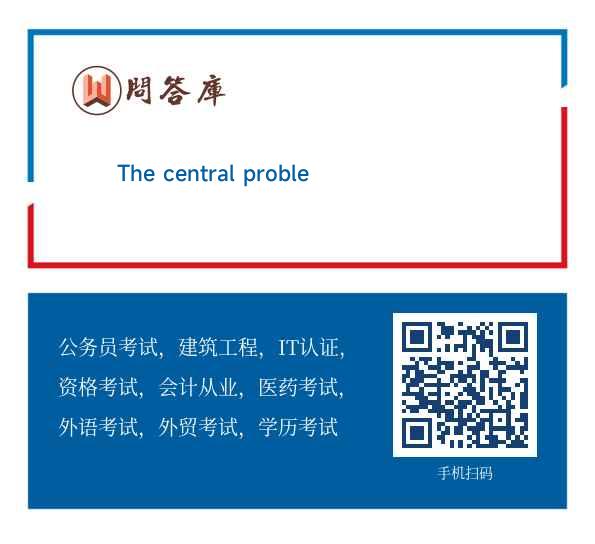The central problem of translating has always been whether to translate literally or free
问题详情
The central problem of translating has always been whether to translate literally or freely. The argument has been going since at least 【M1】______ the first century B.C.Up to the beginning of the 19th century, many writers favoured certain kind of "free" translation: the spirit, not the 【M2】______ letter; the sense not the word; the message rather the form; the matter【M3】______ not the manner. This is the often revolutionary slogan of writers who 【M4】______ wanted the truth to be read and understood. Then in the turn of the 【M5】______ 19th century, when the study of cultural anthropology suggested that the linguistic barriers were insuperable and that the language was 【M6】______ entirely the product of culture, the view translation was impossible 【M7】______ gained some currency, and with it that, if was attempted at all, it must【M8】______ be as literal as possible. This view culminated the statement of the 【M9】______ extreme "literalists" Walter Benjamin and Vladimir Nobokov. The argument was theoretical: the purpose of the translation, the nature of the readership, the type of the text, was not discussed.Too often, writer, translator and reader were implicitly identified with each other. Now, the context has changed, and the basic problem remains.【M10】______
【M1】
此题为多项选择题。请帮忙给出正确答案和分析,谢谢!
